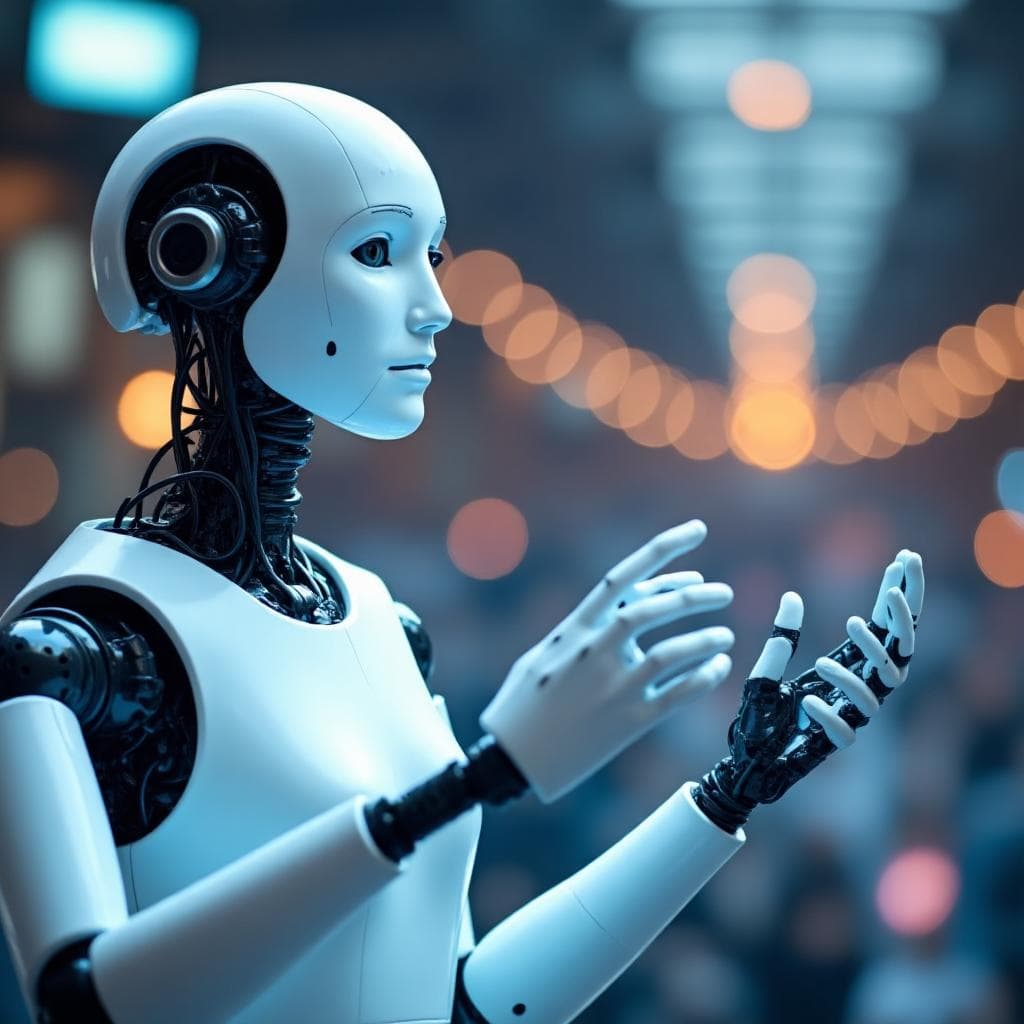AI Influencers: Benefits, Ethics, and Digital Marketing Impact
VG.AI
AI Image

AI influencer generators are revolutionizing digital marketing by creating virtual personalities that engage audiences with hyper-realistic content. These tools leverage advanced artificial intelligence to design influencers who can promote brands, interact with followers, and even generate original content. This article explores how AI influencers work, their benefits, and the ethical considerations surrounding their use.
How AI Influencer Generators Work
AI influencer generators combine generative adversarial networks (GANs), natural language processing (NLP), and computer vision to create lifelike digital personas. These systems analyze vast datasets of human behavior, speech patterns, and aesthetics to produce influencers that mimic real people. Brands can customize appearances, voices, and personalities to align with their target audience, ensuring maximum engagement.
Benefits and Ethical Considerations
AI influencers offer brands cost-effective, scalable, and risk-free alternatives to human influencers. They eliminate concerns like scandals or scheduling conflicts. However, ethical debates arise over transparency—should audiences know they're interacting with AI? Additionally, the potential for deepfake misuse and job displacement in the influencer industry raises important questions about regulation and responsibility.
AI influencer generators are transforming marketing by blending creativity with cutting-edge technology. While they provide undeniable advantages for brands, their ethical implications cannot be ignored. As this technology evolves, striking a balance between innovation and transparency will be key to maintaining trust in the digital landscape.